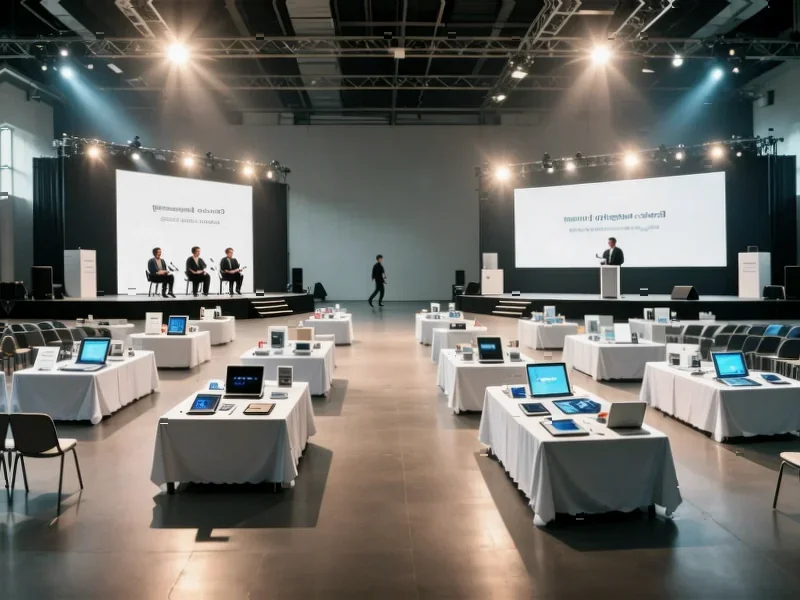According to Business Insider, Robert E. Williams spent 13 years climbing from account executive to assistant VP at AT&T before making a dramatic career shift in 2021. After reaching that VP-level position in 2018, he left the telecom giant for AWS, then moved to a startup-style division at Palo Alto Networks before fully committing to startups in 2023. He joined an AI and quantum startup as head of global channels, working 12-hour days and traveling constantly before transitioning to venture capital this year. Now at 40, he serves as a board director for a VC firm and advises multiple startups while reclaiming personal time away from weekly business travel.
<h2 id="the-big-tech-comfort-trap”>The big tech comfort trap
Here’s the thing about corporate ladder climbing – it feels safe until it doesn’t. Williams describes Big Tech as a “luxury yacht” versus startups being a “speedboat,” which is honestly the perfect analogy. You know exactly what you’re getting with those weekly meeting cadences and quarterly reviews. The playbook never changes.
But that predictability becomes the very thing that makes ambitious people restless. When Williams asked himself what he’d do if the money and safety disappeared, that’s when the real thinking started. And honestly, that’s a question more corporate professionals should be asking themselves right now.
Calculated risks, not reckless ones
What’s interesting about Williams’ journey is how methodical he was. He didn’t just rage-quit his VP job and jump into the startup deep end. First came AWS – still big tech, but in the innovation space he wanted. Then Palo Alto Networks with its startup-style division. Only then did he go all-in.
That step-down approach is smarter than most career advice you’ll hear. Basically, he was testing the waters while maintaining some stability. And let’s be real – going from structured corporate life to the chaos of startups is a massive adjustment. Most people can’t handle that cold turkey.
Startup reality check
The startup world Williams describes isn’t for the faint of heart. We’re talking 7am to 7pm days, constant travel, and wearing multiple hats simultaneously. Your scope expands dramatically because there simply aren’t enough people to handle everything.
But here’s the addictive part: you see immediate impact. New customers, partnerships, media coverage – it’s all visible and tangible. That’s the tradeoff. You work harder and take more risk, but you actually get to see the fruits of your labor instead of watching it disappear into corporate bureaucracy.
Finding your anchor skill
Williams identifies his “anchor” as go-to-market business development and strategic partnerships. That’s the real secret sauce here. When you know what you’re fundamentally good at, you can navigate between corporate and startup worlds much more smoothly.
So many people focus on titles and companies rather than their actual functional strengths. But if you can articulate what you bring to the table regardless of the environment, you’ll always have options. The startup world might be unpredictable, but knowing your core value proposition? That’s your stability right there.




